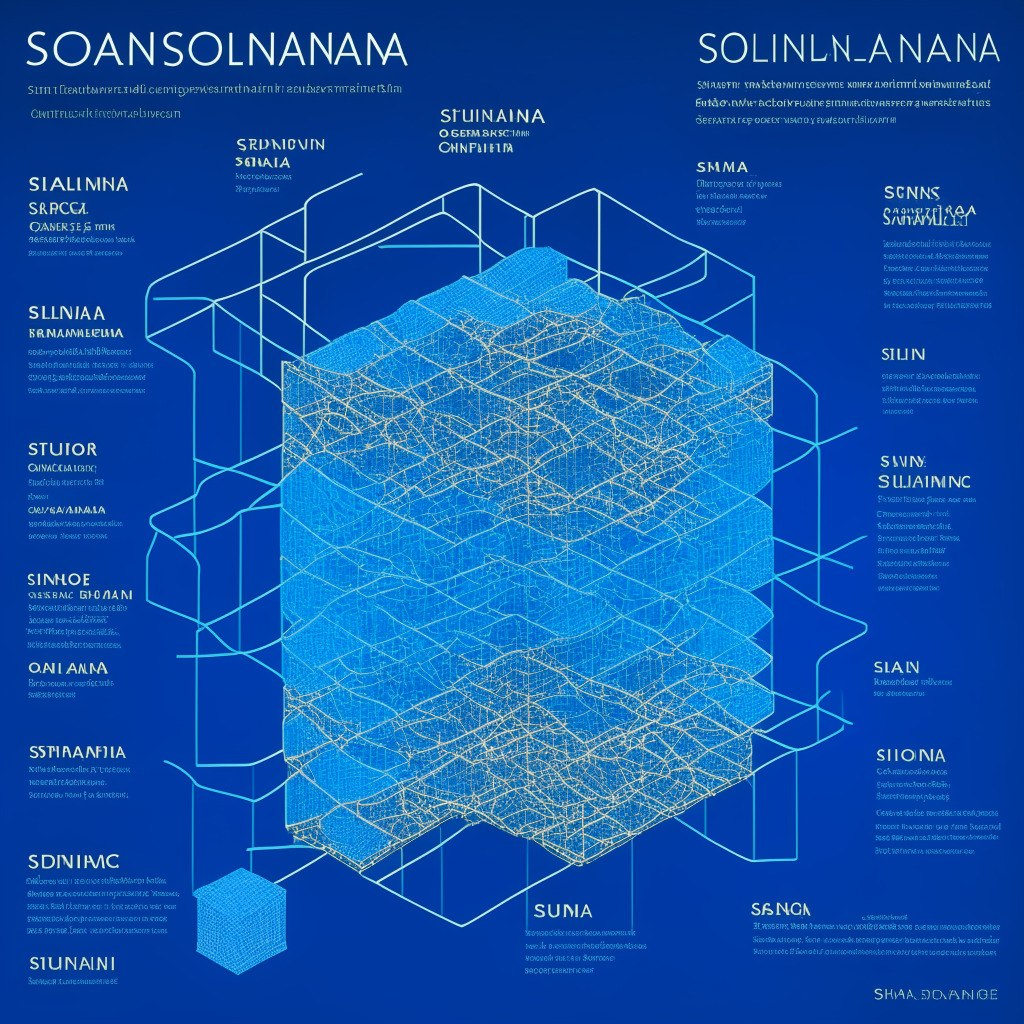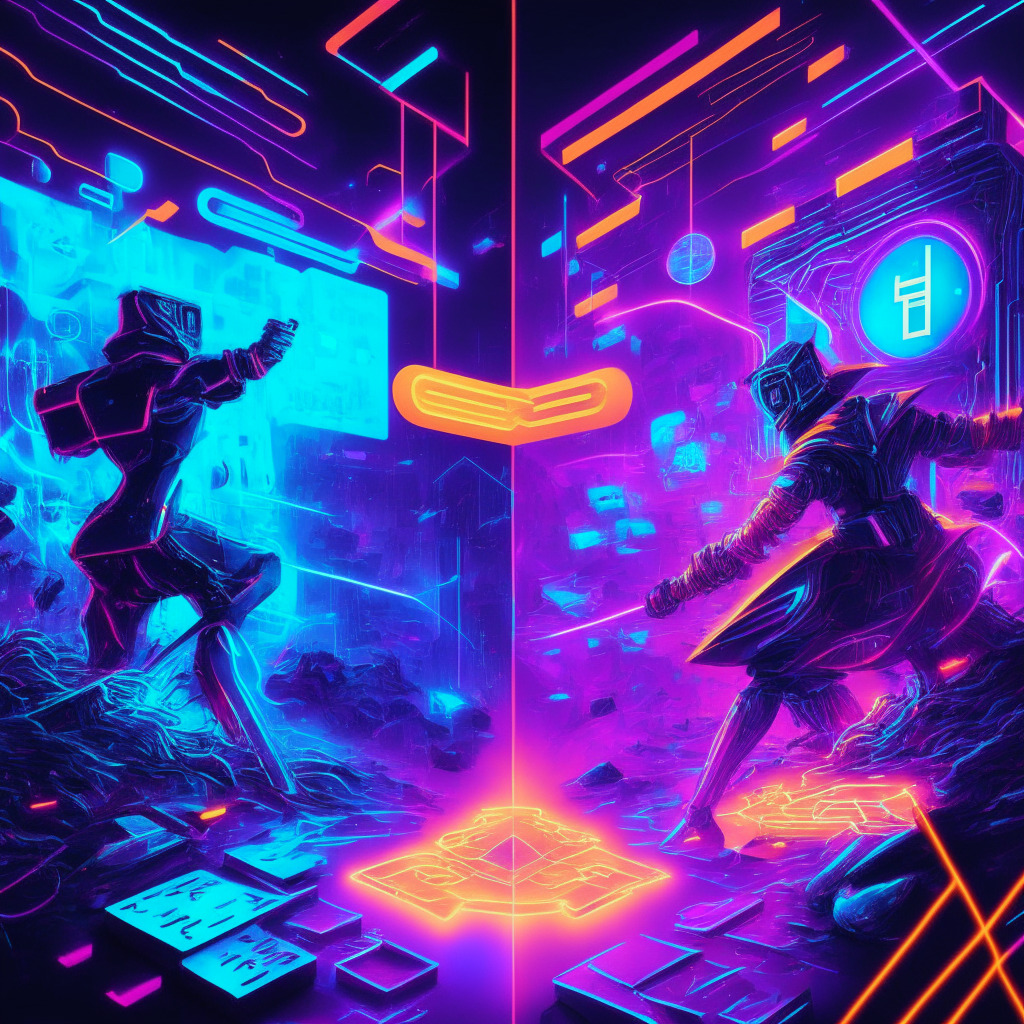In the realm of decentralized autonomous organizations (DAOs), the concept of cybernetic organizations or BORGs has been the subject of much discussion. These entities seek to automate decision-making so that DAO actions can be taken without proposals, implementing law through code. However, despite the potential benefits offered by BORGs, their integration into the blockchain landscape has raised some concerns.
Several developers at Delphi Labs have proposed incorporating BORGs into governance structures, acknowledging that BORGs are not intended to be fully transparent, decentralized, or autonomous. This has raised concerns about how these entities can coexist with traditional DAOs and the potential for a democratic deficit to emerge as a result.
One example of a BORG implementation is Delphi Labs’ proposal to create an AI bureaucrat that would assume responsibility for automating certain decision-making processes within a DAO. However, this solution comes at a cost, as it potentially sacrifices the democratic ideals that underpin these organizations in favor of efficiency and convenience.
DAO proponents argue that these entities should continue to prioritize community input and democratic governance structures, rather than conceding to the temptation of automation. By remaining focused on incorporating the diverse preferences of their members, DAOs can help ensure that the services they develop serve a wider range of interests as opposed to merely benefiting their founders and largest stakeholders.
Legal liabilities related to DAOs remain a contentious issue, with recent court cases in the United States suggesting that tokenholders could potentially be held legally responsible for certain actions taken by the organization. The existence of BORGs does not necessarily alleviate these concerns, as DAO communities still need to be prepared for potential legal challenges.
There is no denying that the idea of BORGs holds certain appeal for some in terms of scalability and streamlined decision-making processes, particularly as projects continue to grow and diversify. However, embracing automation at the expense of the democratic principles that have come to define DAOs could prove to be a shortsighted choice.
In conclusion, while the integration of BORGs into blockchain ecosystems and DAOs may offer some potential advantages, it is crucial to consider the implications associated with their implementation carefully. Ultimately, the success of DAOs hinges on their ability to foster an engaged and diverse community of users, which could be undermined by an overreliance on automated decision-making tools like BORGs. As such, remaining committed to democratic principles and striving to achieve a balance between efficiency and inclusivity should remain the primary focus for organizations operating within the blockchain space.
Source: Cointelegraph




